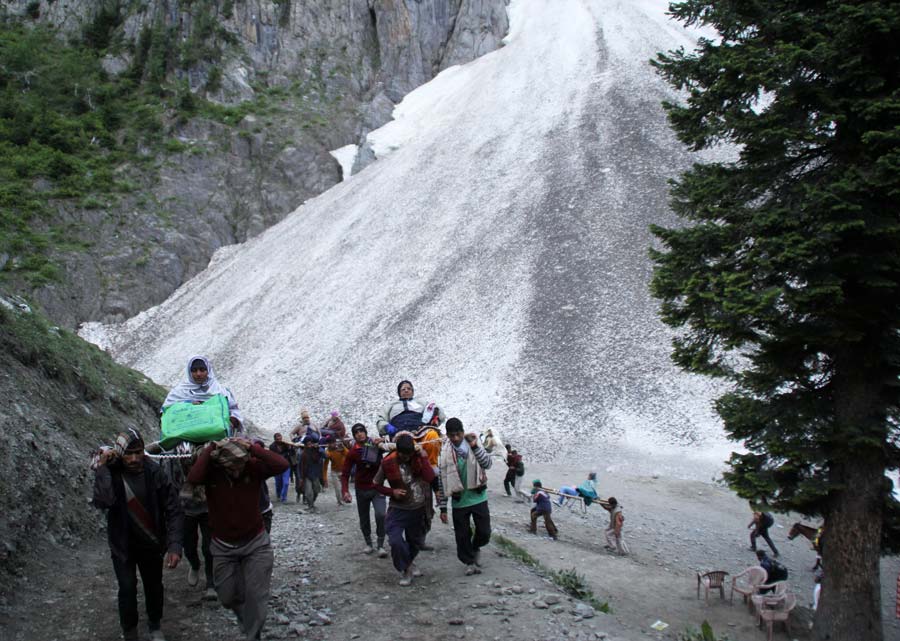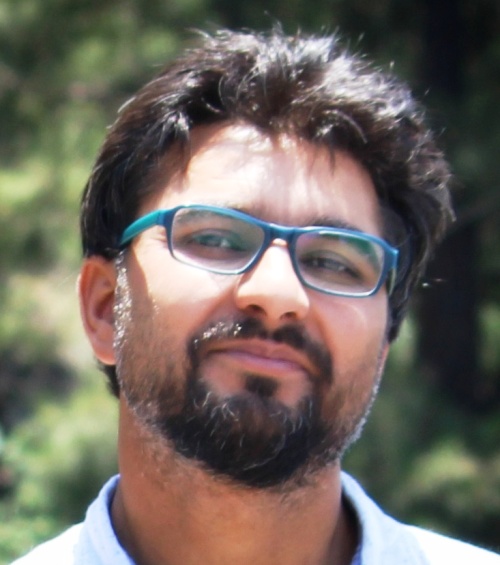by Dr Muhammad Junaid Jazib
We need to educate ourselves and future generations about pollution’s profound consequences and cultivate a sense of responsibility and stewardship.

In the intricate tapestry of existence, humanity plays dual roles as both the creator and the creation. Across the sands of time, we have woven majestic civilizations, unlocked cosmic secrets, and birthed wonders. Yet, amid our relentless pursuit of progress, we have also woven a sombre strand into our world’s fabric – pollution. It is a stealthy assassin lurking in the shadows, poised to lead to our downfall unless we act decisively.
The term “pollution” encompasses an array of environmental toxins infiltrating our lives through our surroundings. From noxious industrial emissions to ocean-bound microplastics, pollution takes various insidious forms, each silently eroding our planet’s health and our own. It’s a ticking time bomb, and the countdown is on.
Take air pollution’s insidious grip, for example. It robs us of a fundamental human right – clean, life-sustaining air. In bustling metropolises with skyscrapers that touch the heavens and boundless urban sprawl, the air we breathe has become a toxic cocktail. This is not merely an inconvenience; it is a direct assault on our respiratory systems. Our lungs, vital repositories of life, are now battlegrounds where pollution wages a relentless war, causing respiratory diseases, shorter lifespans, and untold suffering.
Water pollution, too, leaves an indelible mark on our existence. Imagine once-pristine rivers turned into stagnant cesspools, tainted by industrial waste, agricultural runoff, and untreated sewage. These polluted waters do more than mar our scenery; they jeopardise our health and disrupt ecosystems. Toxic chemicals and heavy metals contaminate our drinking water, causing gastrointestinal illnesses and neurological disorders. Meanwhile, aquatic life teeters on the edge of extinction as their habitats transform into aquatic wastelands.
Plastic pollution is yet another glaring example. Millions of tons of plastic waste enter our oceans annually, persisting for centuries and breaking down into microplastics that infiltrate the food chain. Marine creatures ingest these microplastics, which then enter our bodies as we consume seafood. The consequences are dire, with plastic pollution posing a grave threat to marine life, ecosystems, and human health.
The repercussions of pollution extend into virtually every aspect of our lives. Noise pollution disrupts our mental well-being, light pollution obscures the celestial wonders that once inspired us, and soil pollution endangers our food security by degrading the foundation of agriculture.
Pollution is a clear and present danger, corroding not just our physical well-being but also our collective conscience and our connection to the natural world. When rivers turn black, forests succumb to deforestation, and oceans choke on plastic waste, we witness a desecration of the very elements that sustain us. Pollution betrays the sacred bond between humanity and the Earth, challenging our moral compass and highlighting our short-sightedness.
The undeniable truth for all of humanity is this: pollution transcends geographical boundaries, socioeconomic divisions, and political doctrines. We must dismantle the cognitive dissonance that allows us to isolate our environmental offences, relegating them to the outskirts of our awareness. Pollution is not a future predicament; it is a current crisis demanding our collective genius, moral resolve, and unwavering commitment.
The task is daunting but surmountable. To confront the multi-faceted monster of pollution, we must acknowledge its complexity and interconnectedness. Pollution is not an isolated problem; it’s part of a broader web of environmental challenges, including climate change, habitat destruction, and resource depletion. To defeat pollution, we must embark on a holistic journey to regenerate our planet.
This transformation demands a fundamental shift in our relationship with nature. We must transition from mere consumers to Earth stewards. This entails using our collective knowledge to innovate solutions that address pollution’s root causes, championing sustainability in agriculture, industry, and energy production, reimagining urban planning to prioritize clean transportation and green spaces, and investing in research and technology to mitigate pollution’s effects and rehabilitate ravaged ecosystems.

Advocating for policies and regulations that hold individuals, corporations, and governments accountable for pollution is crucial. Environmental legislation should be seen not as an obstacle to economic progress but as a guardian of our civilization’s very foundation. By ensuring that the cost of pollution factors into industry balance sheets, we incentivize the shift toward cleaner, sustainable practices.
To defeat pollution before it defeats us, we must instigate a cultural shift in our society. We need to educate ourselves and future generations about pollution’s profound consequences and cultivate a sense of responsibility and stewardship. Our consumer choices hold significant sway, and we must wield our purchasing power in favour of products and companies that prioritize sustainability and ethical practices.
(The author is heading the Environmental Science department at the Government Post Graduate College, Rajouri. Ideas expressed in the write-up are personal.)














